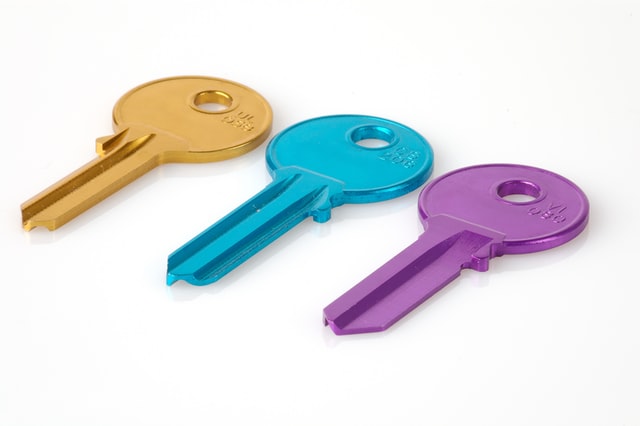
National home prices have appreciated by 19% during the last decade but wages haven’t escalated at the same rate. For those who already own a home and wonder “what kind of profit I’d make when I sell my house”, this level of property price rise is good. But first-time homebuyers could be thinking twice before investing their money to buy a new abode. You could always buy a home quickly and cost-effectively from a company like Cash Buyer New Jersey. If not, you may think of co-ownership where you buy a home with a friend. However, before jumping at the prospect of owning your first home, albeit with a friend as your co-owner, or wondering ‘how do we buy houses’, you’ll need to evaluate the process and its benefits to decide if it’s really feasible to proceed.
Co-ownership with a friend – how does it work?
Unlike married couples, co-ownership with a friend needs you and your friend to determine how both the parties involved plan to structure their ownership. This refers to how you two will take and hold the title as owners/buyers. Co-ownership with a friend can be structured as either joint tenancy or tenancy in common.

Joint tenancy
When you and your friend hold the title as joint tenants, both of you must all get ownership simultaneously via the same deed and must have an equal amount of interest in the home. This form of ownership structure consists of the Right of Survivorship. Thus, in case a co-owner dies, his/her share of ownership would automatically pass to his/her surviving co-owner. This means the deceased co-owner’s heirs won’t inherit an interest in that property.
Though a co-owner’s interest in the property can’t be passed down to his/her heirs, he/she can transfer such interest to another person. But in such a case, that person may not get into the joint tenancy. Rather, that person would enter a tenancy in common ownership with the remaining co-owner, thereby bringing the joint tenancy to an end.
When you have a joint tenancy with your friend, you can’t sell your home without his/her consent. This is beneficial if your friend prefers to sell and you don’t. But if it’s the reverse, you could be at a disadvantage.
Tenancy in common
This form of ownership structure lets both you and your friend possess an interest in the property. Though such ownership could be divided into fractions or equally between the friends, the property itself can’t be. Thus, neither you nor your friend can lay claim to any specific part of the property.
Tenancy in common allows you or your friend to transfer or sell the home to another individual at any time without needing to obtain the other party’s approval. If you plan to sell the home while your friend doesn’t, this ownership structure gives you a lot of flexibility. However, it also puts you at risk in case the situation is just the opposite where your friend decides to force a sale irrespective of your requirements. You should also note that if a co-owner dies, his/her interest in the property gets passed to his/her heirs. Thus, the heirs of the deceased co-owner will enjoy the same control over the property.
Key advantages of having your friend as your co-owner
• Better chances of getting a mortgage: Both of you can combine your income and debts to improve your debt-to-income (DTI) ratio. This would make it easier to get your mortgage approved (provided both of you have a respectable credit score) and even enjoy better terms like a lower rate of interest.
• Ownership is affordable: By splitting all costs like monthly mortgage payments, repairs, utility bills, etc. 50-50, you can make it a lot more affordable to own a home.
Additionally, you can enter the housing market sooner by combining your assets with that of your friend. So, are you ready for co-ownership with a friend?




